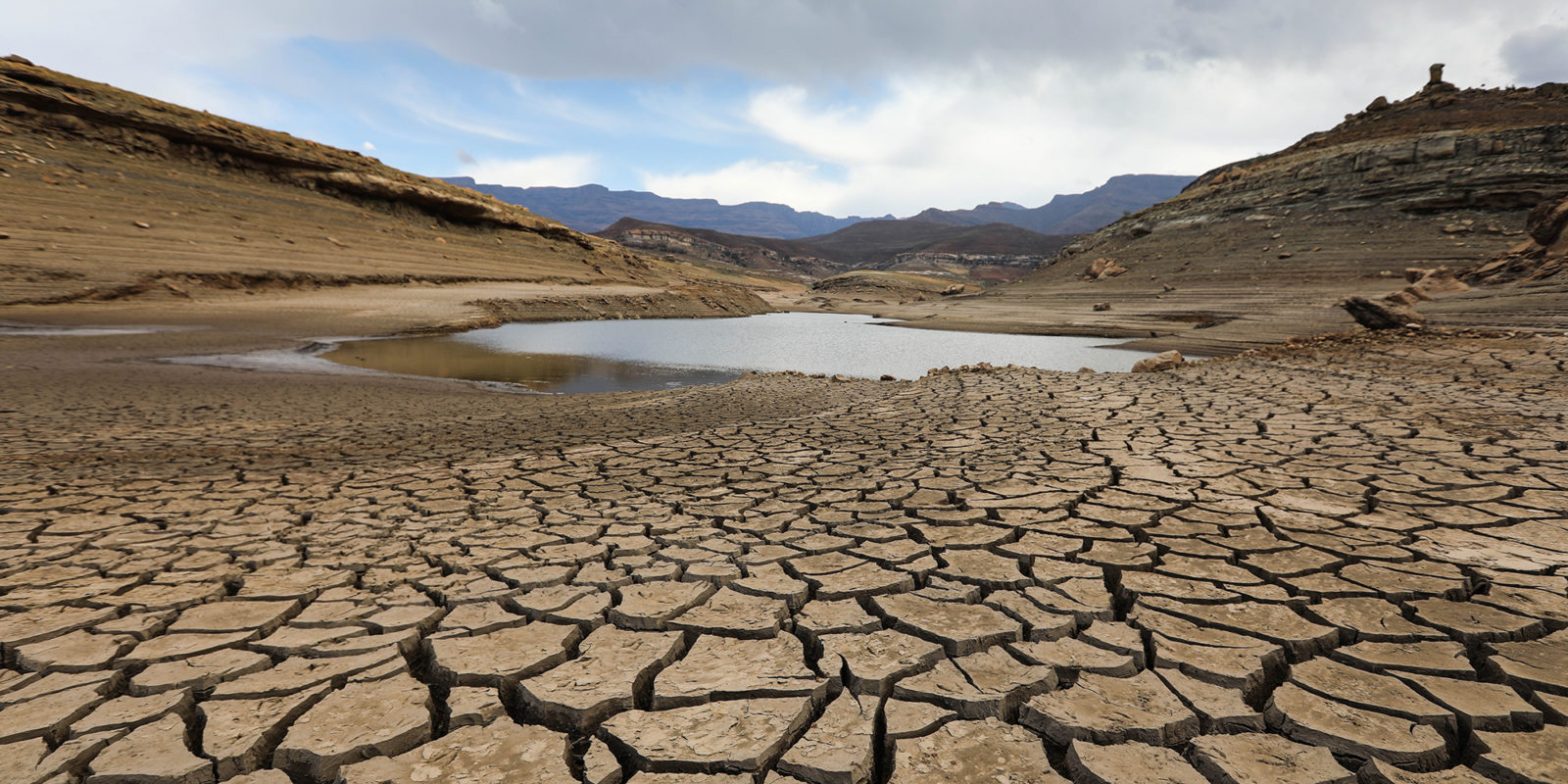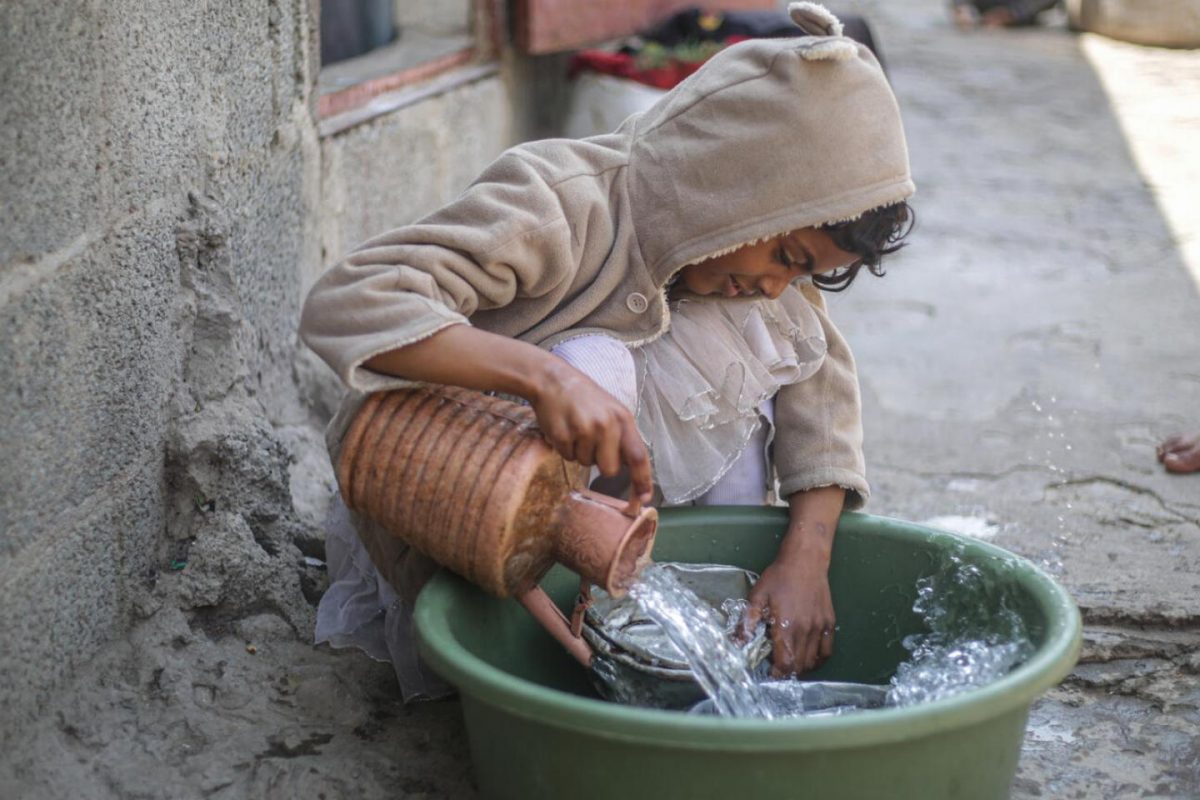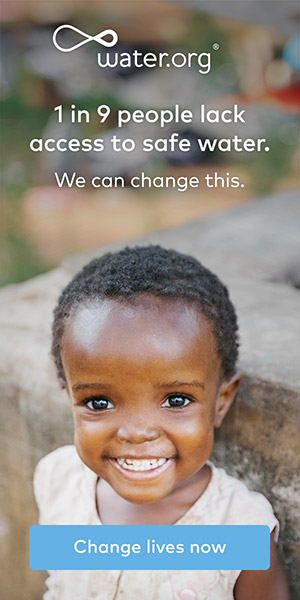
What You Need to Know about Africa’s Water Scarcity
Clean and safe potable water is scarce. At the moment, over 1 billion individuals in developing countries do not have access to this technology. Despite this, we take water for granted, squander it, and pay way too much for such little convenience.
Water is the building block of all life. And even today, all across the globe, far too many individuals devote their whole day to the pursuit of this elusive goal.
It is time spent collecting water and eventually suffering from water-borne illnesses in areas like Sub-Saharan Africa that restrict people’s ability to reach their full potential, particularly women and girls.
Sickness causes people to lose their education of these resources. People are unable to build their economies because they are preoccupied with simply surviving. However, this does not have to be the case. It’s a pointless source of pain, and it has to be resolved.
Defining Water Scarcity

Water scarcity may be defined as either the lack of sufficient water or poor access to clean drinking water. That said, this is an issue of both quantity and quality.
Most of us find it difficult to comprehend that access to potable and clean water should not be taken for granted. Nevertheless, locating a dependable, clean water supply in developing countries is frequently a time-consuming and costly endeavor. This is referred to as “economic scarcity.” While it is possible to find water, it will take more effort and resources to do.
In some places, water scarcity is a far more serious issue than it is in others. Simply said, the water we have is not enough. That said, physical scarcity is another term used to describe this situation.
The issue of water shortage is becoming more serious. When many people place ever-increasing demands on finite resources, the cost, and effort required to construct or simply maintain safe and adequate access to water will rise. Water’s significance to political, environmental, and social stability can only increase in importance as the crisis progresses.
